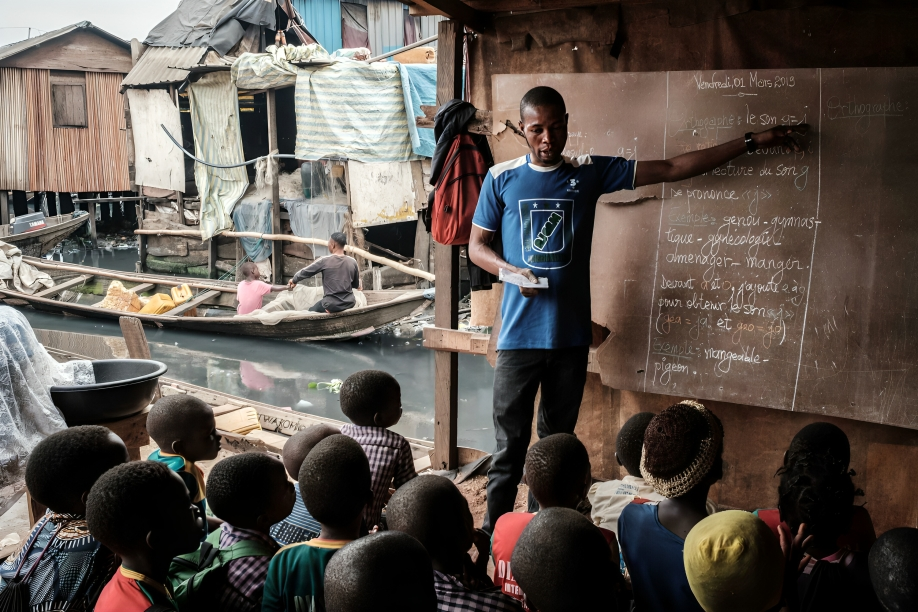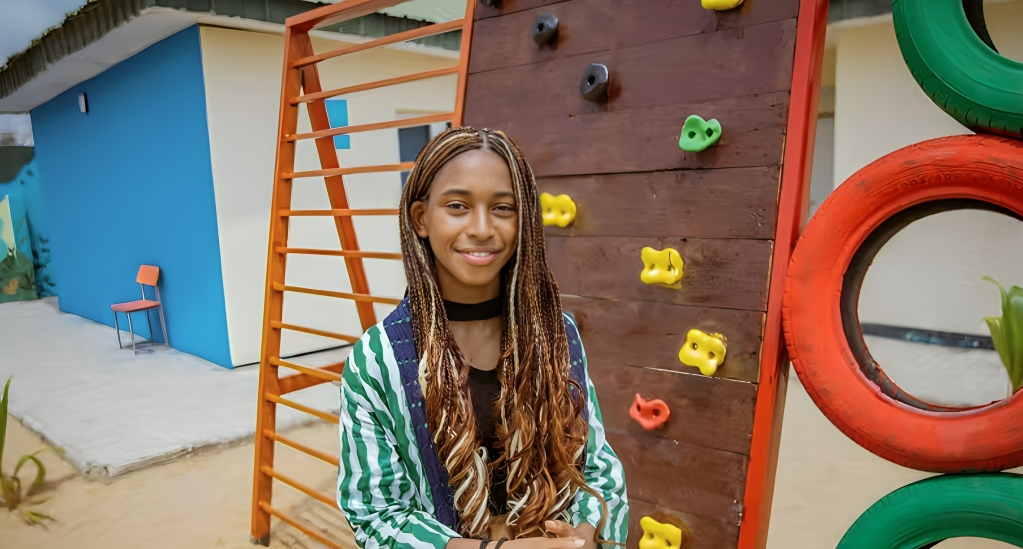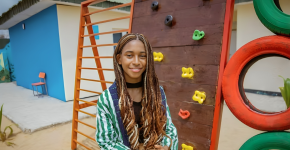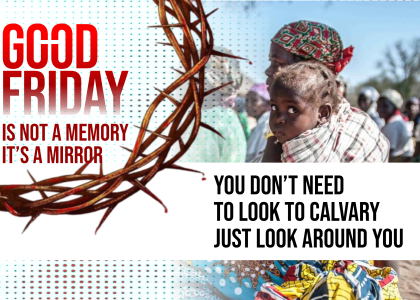In a time when conversations about climate change, sustainability, and environmental justice are more pressing than ever, stories like that of 17-year-old Amara Nwuneli stand out, not only for their inspiration, but also for the tangible change they spark. As the African regional winner of the 2025 Earth Prize, Nwuneli received $12,500 for transforming a trash-dumping ground in Ikota, Lagos into a vibrant, eco-friendly playground using recycled tires, metal, and wood. But her ambitions stretch far beyond this single act of community innovation. As cities across Africa continue to grow, cases like this provide critical insight into how community-led initiatives can complement policy and infrastructure gaps, particularly in underserved urban areas.
The Urban Sustainability Gap in Nigeria
According to the World Bank, Nigeria’s urban population has grown from 48 million in 2000 to over 117 million in 2023. Lagos, its commercial nerve center, is projected to become the world’s most populous city by 2100, according to the United Nations. Yet, less than 3% of land in Lagos is dedicated to green space, as revealed in a 2023 land use analysis. This is far below the World Health Organization’s recommendation of a minimum of 9 square meters of green space per resident.
Green space is not a luxury; it is a climate resilience strategy. In Lagos, frequent flooding and extreme heat events have intensified. Between 2012 and 2022, the city experienced over 20 significant flooding incidents, many due to blocked drainage and unplanned urban development. With rising sea levels and annual rainfall increasing due to climate change, the lack of permeable green cover directly contributes to both infrastructural and human vulnerability.
The Role of Informal Innovation in Environmental Justice
In this context, Amara Nwuneli’s intervention is a textbook example of what urban geographers call “informal infrastructure”—bottom-up, often community-led projects that emerge where formal systems fail. Her effort to build a playground in Ikota using recycled materials and local labor exemplifies several best practices of sustainable development:
- Material Circularity: The use of recycled tires, reclaimed wood, and scrap metal reduces landfill burden and demonstrates viable applications of waste-to-value processes.
- Climate Adaptation: By planting 300 flood-resistant trees, the project directly addresses local hydrological challenges, improving ground permeability and reducing heat stress.
- Social Equity: The park serves a low-income neighborhood often excluded from formal urban planning, creating a space for recreation, education, and community identity.
Nwuneli’s broader vision—constructing three additional eco-hubs in Lagos, Ogun, and Oyo States—further demonstrates strategic thinking. These are areas already experiencing the dual burdens of flooding and drought, phenomena increasingly common in Nigeria due to erratic weather patterns driven by global warming.
The Evidence Behind Green Infrastructure and Human Well-being
Multiple peer-reviewed studies support the correlation between urban greenery and public health. A 2015 meta-analysis published in the journal Environmental Health Perspectives linked proximity to green spaces with reduced all-cause mortality. Similarly, research by the European Centre for Environment and Human Health found that individuals living within 1 kilometer of green space are less likely to report depression or anxiety.
For children, access to play environments can significantly improve cognitive and emotional development. According to UNICEF, play-based learning improves classroom engagement, physical health, and early childhood education outcomes—critical indicators in Nigeria, where over 10.5 million children are estimated to be out of school.
Moreover, greenery has been shown to reduce urban crime. A study in the Journal of Landscape and Urban Planning in 2016 showed that neighborhoods with visible green spaces saw up to 14% fewer crimes than comparable areas without them.

Gender, Youth, and Environmental Agency
Amara’s story also reflects broader trends in youth and female leadership in climate action. A 2022 UNEP report on gender and the environment highlights that while women and girls are disproportionately affected by climate change, they are also leading many of the most effective community-based resilience strategies. Initiatives like Preserve Our Roots—the youth NGO founded by Amara—are part of a growing wave of eco-activist groups emerging from the Global South.
Importantly, these initiatives often fill gaps left by underfunded public agencies. The Lagos State Government’s 2021 Environmental Performance Index shows significant shortfalls in waste management, flood control, and green infrastructure investment. Yet, projects like Amara’s park operate at a fraction of the cost and often with higher community buy-in.

Aligning with DEKING Foundation’s Mission
At DEKING Foundation, the core mission includes promoting equity in urban living conditions, especially through environmental advocacy, climate education, and community empowerment. The Foundation’s GreenWorld Campaign, for instance, supports the development of community green hubs, eco-literacy programs in schools, and partnerships that promote circular economy principles.
Amara’s work is a living case study of these values. Her ability to mobilize youth, fundraise through storytelling, and translate ecological principles into tangible social infrastructure mirrors the kind of leadership DEKING seeks to amplify. This is not charity—it is a model of distributed development, one that recognizes communities not just as beneficiaries, but as agents of change.
Looking Ahead: The Policy and Participation Imperative
While individual efforts like Nwuneli’s are inspiring, systemic change requires institutional support. Policymakers must integrate grassroots innovations into city master plans, particularly through participatory planning processes. Funding mechanisms such as green bonds, climate adaptation funds, and public-private partnerships can help scale such models.
Furthermore, civil society and foundations have a critical role in ensuring inclusivity. As climate risks deepen, access to clean, green, and safe public spaces must be framed not only as environmental or aesthetic issues but as human rights and public health imperatives.
What began as a teenager’s response to displacement and environmental despair has grown into a blueprint for community-centered sustainability. Amara Nwuneli’s park project is not simply a story of recycled tires and swings—it is a testament to the power of vision, resilience, and localized action.
As Nigeria navigates its climate future, the lessons are clear: innovation need not be high-tech, impact need not be large-scale to be meaningful, and change need not come from the top. With support from stakeholders like DEKING Foundation, stories like these can evolve from inspiring headlines into national policy, community norms, and replicable frameworks for a just, green transition












